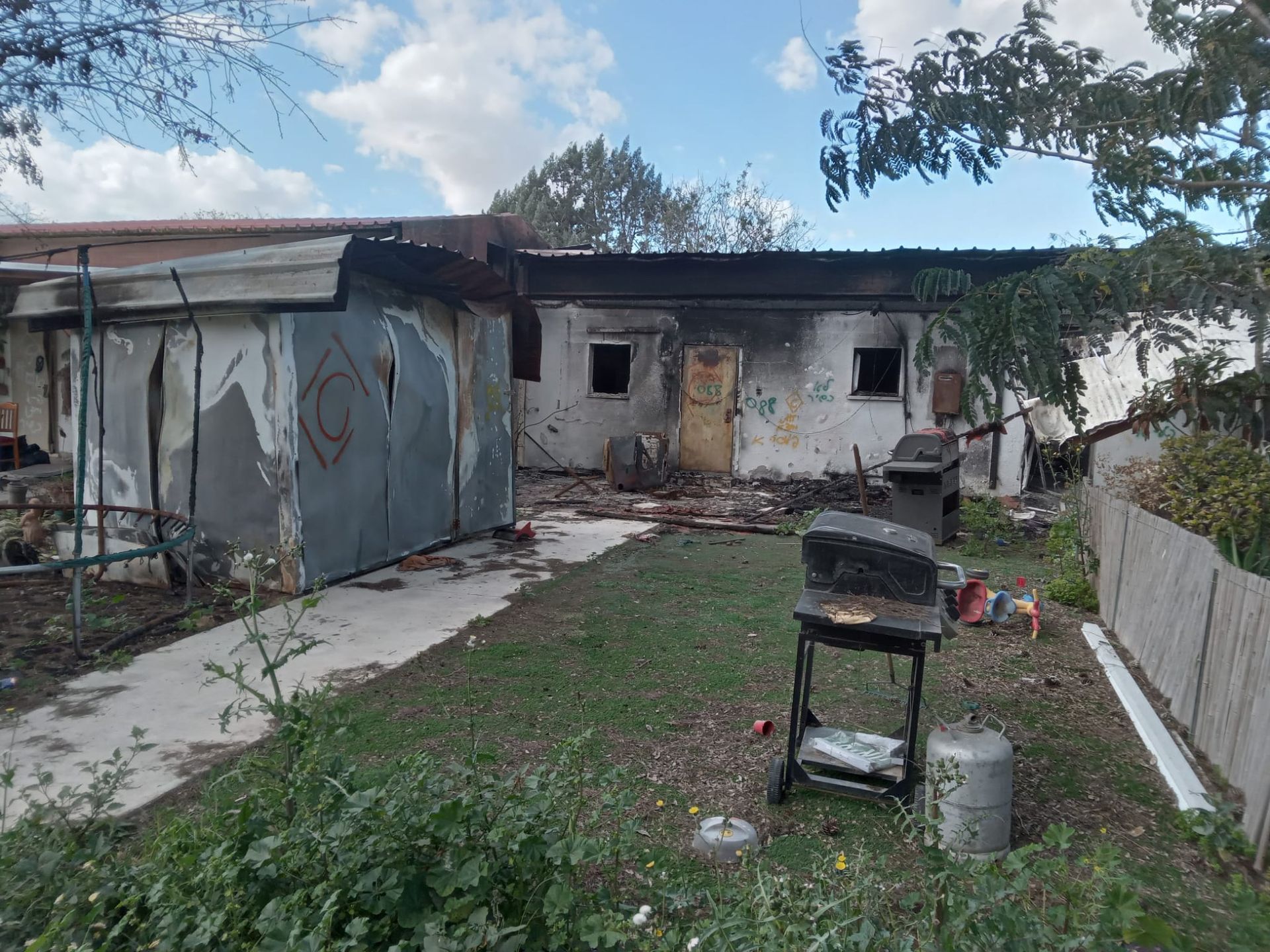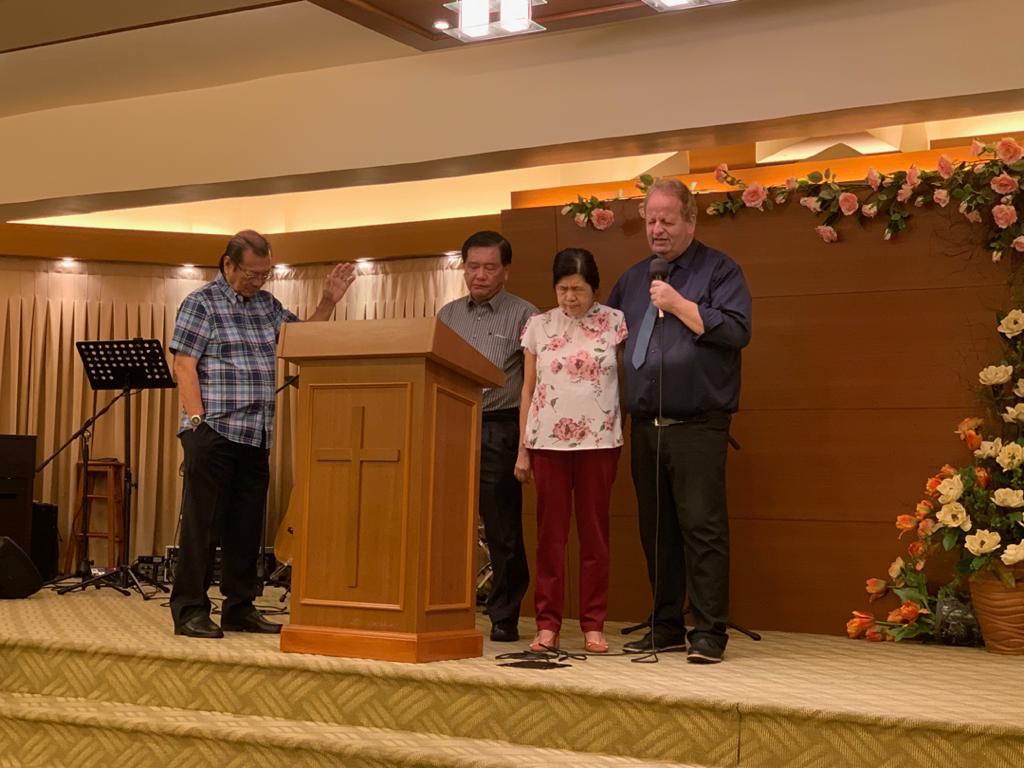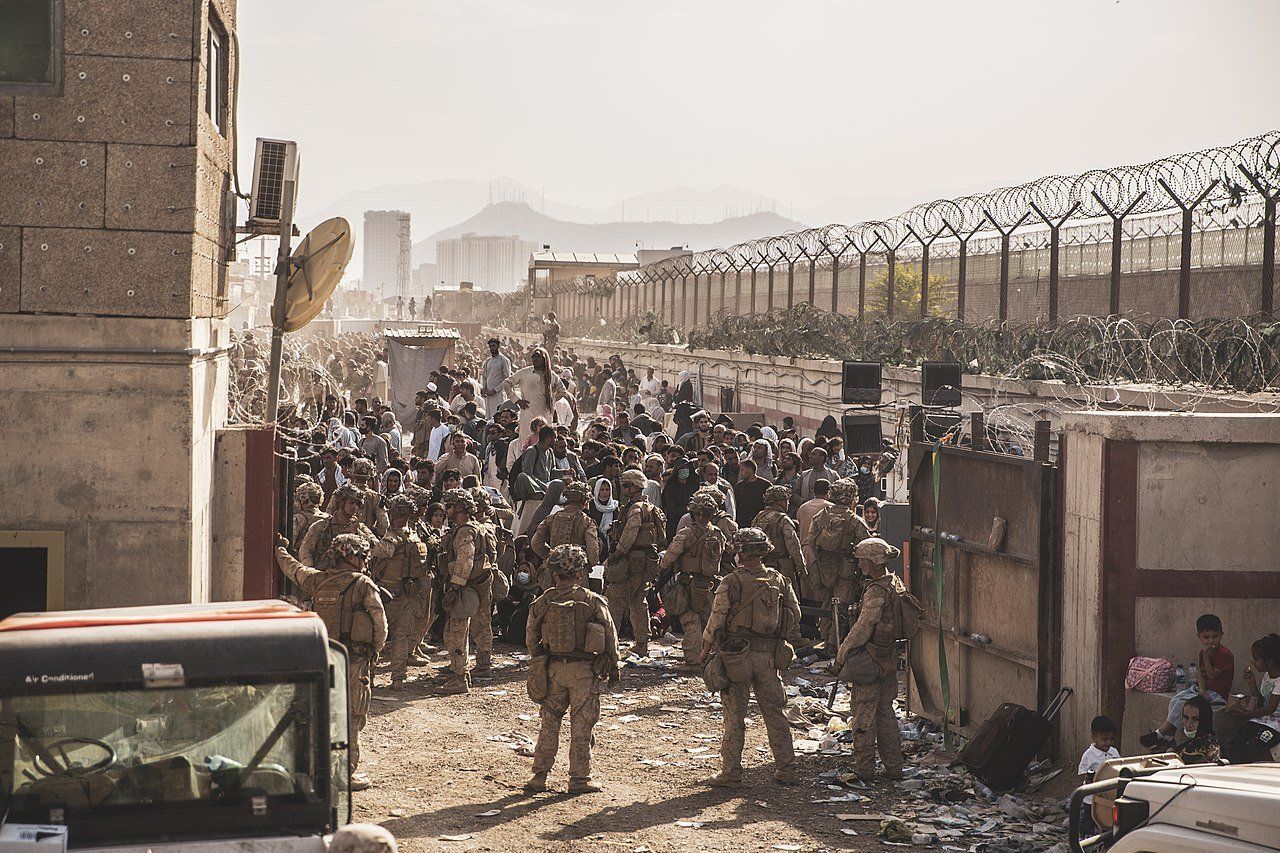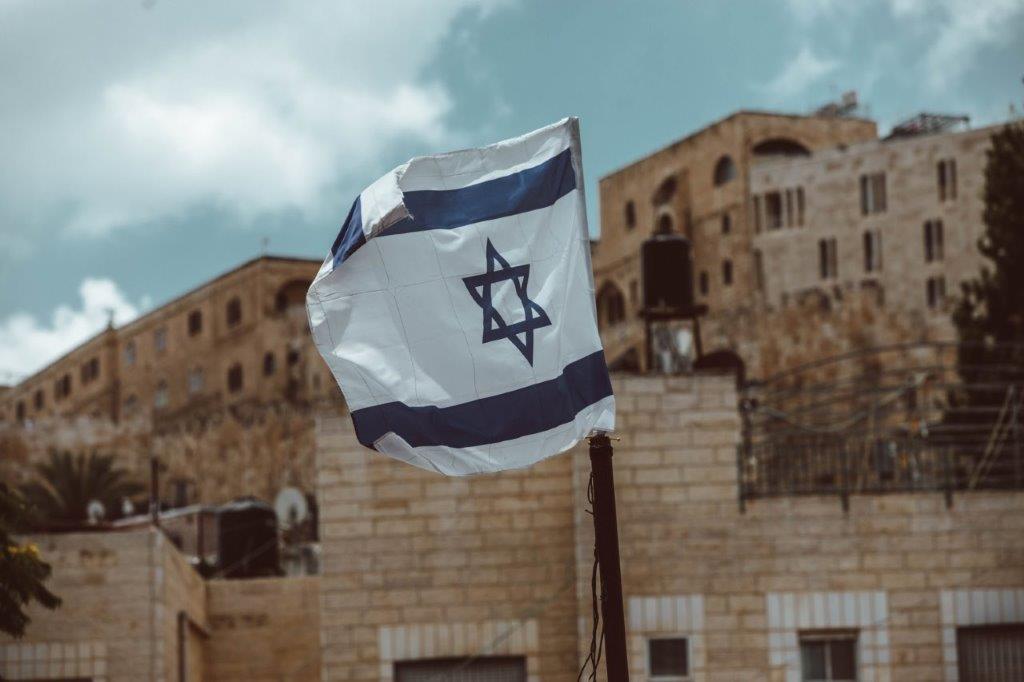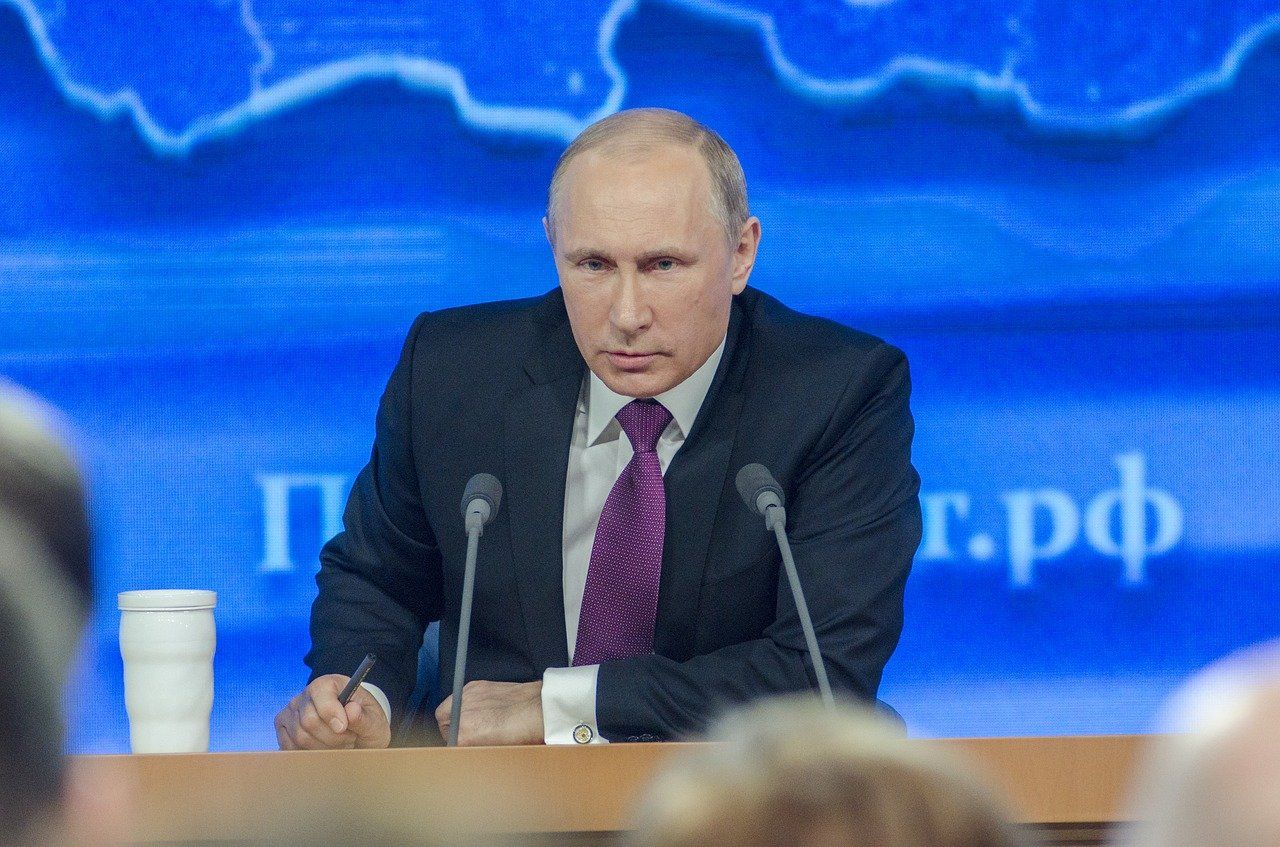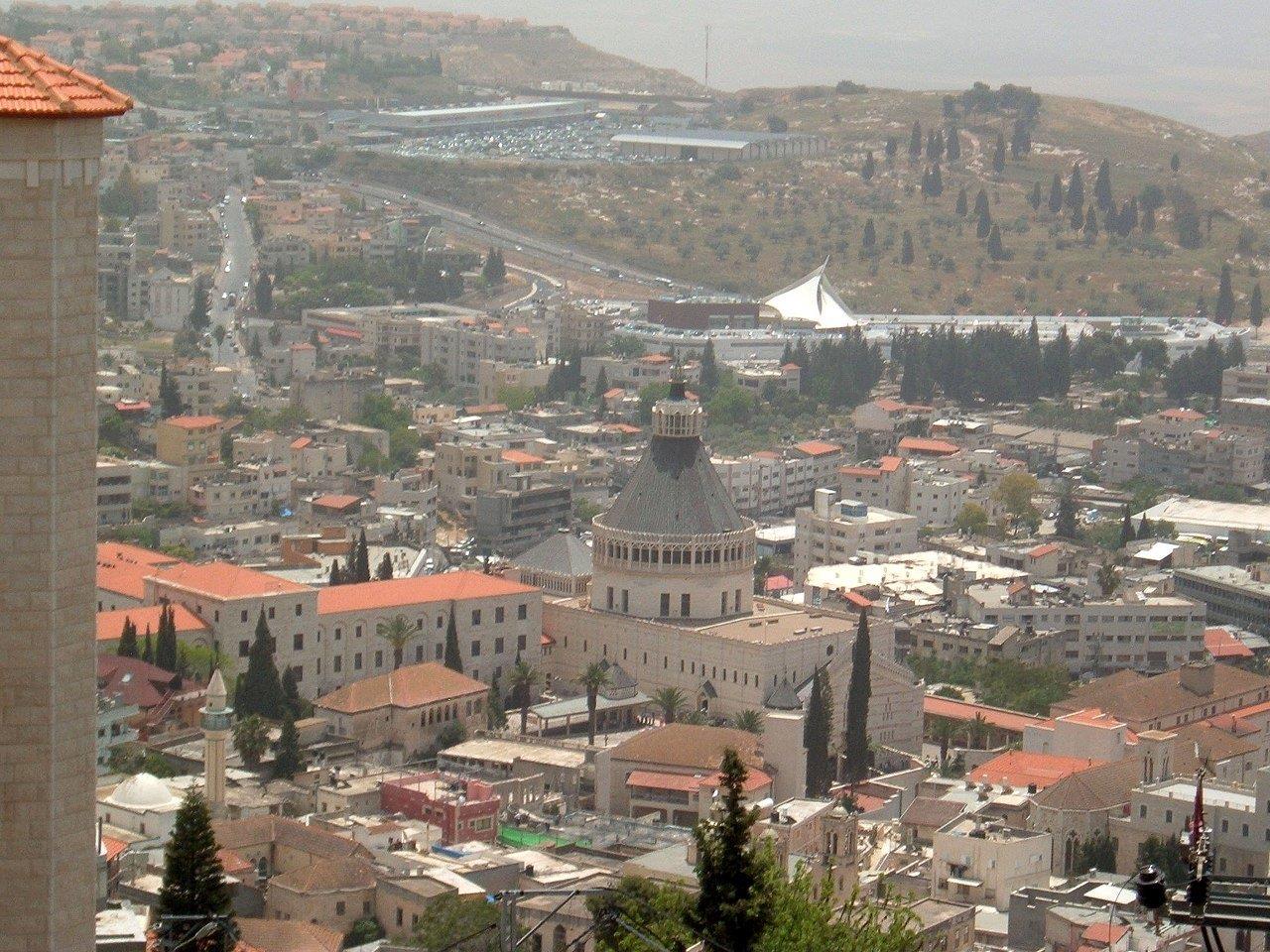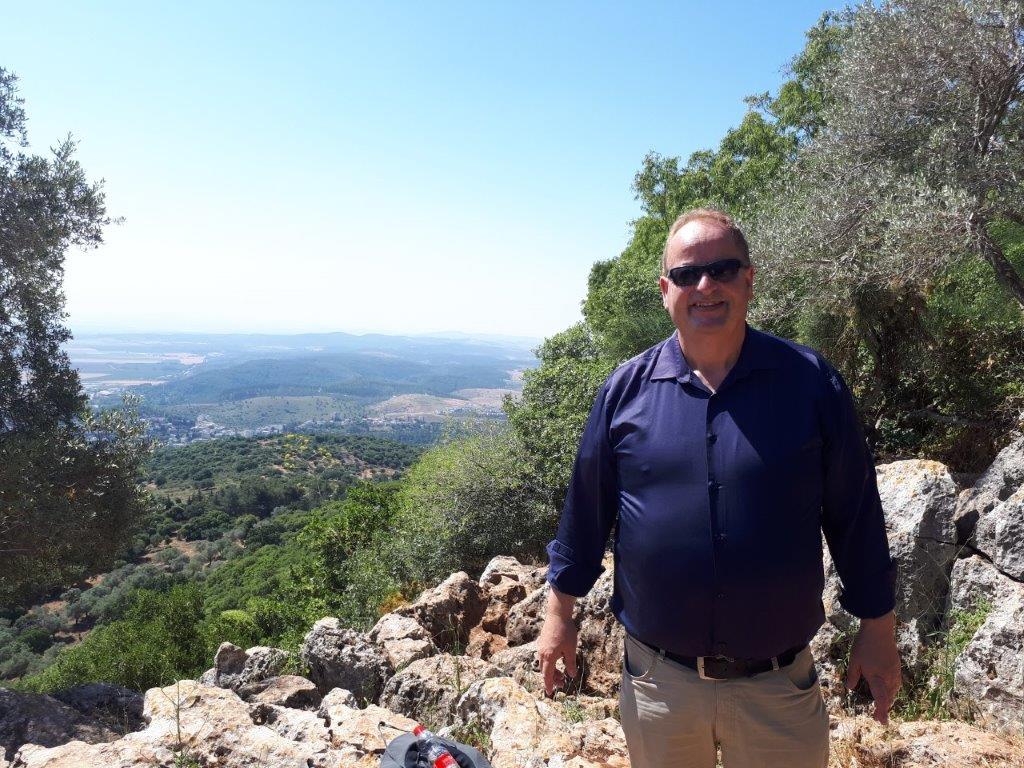Livin' on the Frontline
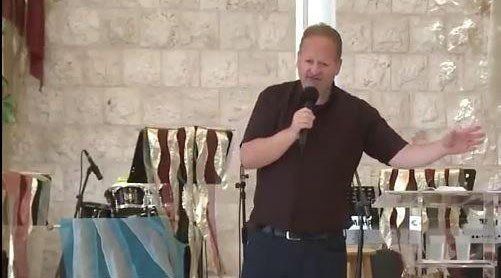
Forty years ago, in 1979, I was living and working in Dalston, Hackney, East London.
Dalston, and that area of Hackney in general, had a reputation for being a tough neighbourhood. But as one who was born and raised in the Hackney area, I did not fear the late night walks through some of the notorious streets of Dalston that led to my one-bedroomed flat.
One of the popular songs of the day that I enjoyed listening to seemed to capture life at that time. ‘Livin’ on the Frontline,’ by Eddie Grant (1979) could often be heard blasting out on loud music systems by both black and white people who felt the song reflected their day to day experiences.
The inner-city problems of Dalston included violent crime, drug abuse, racial tensions, and a total mistrust of the local police.
Drug dealing was happening on the streets in broad daylight.
I was working in a residential children’s home in Dalston, caring for some very challenging streetwise young people, and the home became a magnet for many of their friends to hang out. This offered a vision of the troubled society we were living in.
In every sense, it felt like we were living on the frontline.
That year, I had a personal encounter with Yeshua / Jesus as a young Jewish man and experienced the joy of salvation in a wonderful church in Hackney, which radically changed my life.
Suddenly I was now ministering and praying on the frontline too.
Now in 2019, 40 years later, I find myself living and serving Yeshua in full-time ministry on Mount Carmel in northern Israel.
It is a great privilege and joy to live and serve in Israel and be involved in speaking God’s Word around the world. I can never take this calling for granted.
From the high vantage point of Mount Carmel, as I look at what is happening both around the world and closer to home here in Israel, realities on the ground are extremely challenging. There is much confusion among believers in Yeshua, as well as deep darkness everywhere.
‘And this is the condemnation, that the light has come into the world, and men loved darkness rather than light, because their deeds were evil.’
- John 3:19
Here is the central issue in the words of Yeshua Himself: The greatest light has come into the world - Yeshua has come, suffered and died on the cross, conquering death, so that we all may have life and be clean. But many people love darkness and choose to do evil.
There are three very different issues I have been thinking about this week that seem to sum up the confusion and despair around us.
It is amazing to see the confusion around the world concerning gender. These days, boys can choose to be girls and vice versa, and public toilets can include a gender-neutral alternative. From a pastoral perspective, many of the individuals who see themselves as transgender are deeply confused and need wise, sensitive counsel to help them wrestle with painful realities and find their true identities in God.
We must be open to receive these people into our congregations with love rather than judgment. But we must also stand on the biblical truth that God created two genders: male and female, and that attempts to blur this distinction go against God’s word (very often with devastating effects for the individuals involved).
The second issue is the virulent anti-Semitism that seems to have become mainstream across much of the world. On 25 April 2019 the New York Times published a clearly anti-Semitic cartoon
, revealing a disturbing reality that hatred of Jewish people and Israel has become publicly acceptable.
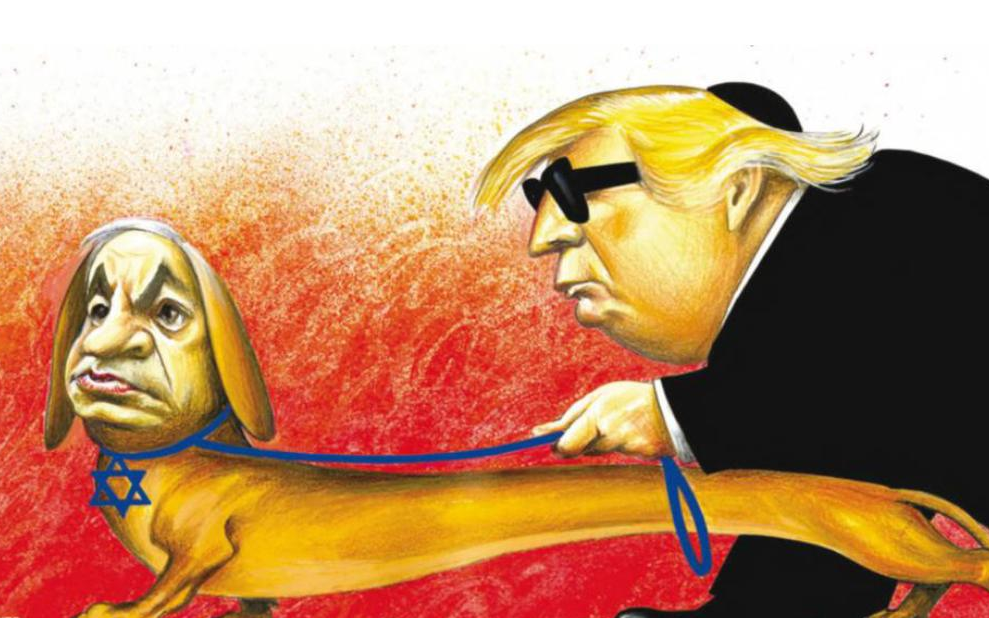
Even the University of Cambridge (a supposed bastion of British education) gave the racist anti-Semitic President of Malaysia, Mahathir Mohamed, a platform to express his hatred of the Jewish people freely on 17th June 2019!
The third issue I have been reflecting on is a confusion sometimes seen within the body of believers concerning the significance of their Hebraic roots
. Dan Juster wrote an excellent, balanced articleabout this recently. He explained the complexities and problems of Gentile Christians, who, in their embrace of the Hebraic roots of their faith, become legalistic and sometimes ‘religious’ in their observance of the Shabbat or the biblical feasts.
I find myself musing on these issues, and many more besides, as I continue to serve in Israel and speak internationally.
If I thought life was challenging back in 1979, I now know that it does not compare with what is happening in our world today.
Today, believers here in Israel as well as those around the world really are ‘Livin’ on the Frontline.’
